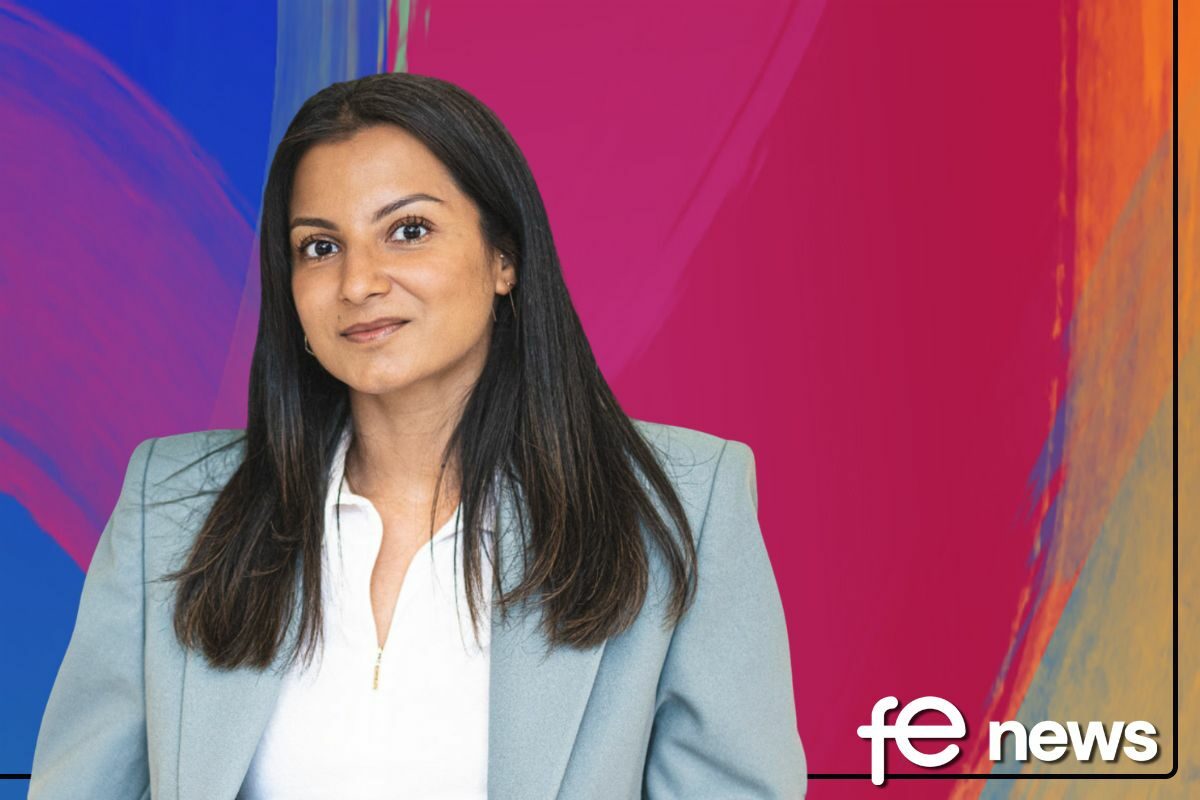Our obsession with grades is letting students down

The pandemic disrupted almost every aspect of our lives. But whilst many sectors have returned to business as usual, those in full-time education are still feeling the aftershock.
This summer, GCSE and A Level results were lower to account for pandemic grade inflation; and the number of university places on offer dropped by the highest number in a decade. But far from reflecting young people’s potential, these grades represent years of disrupted education and an ever-widening gap between the most advantaged and disadvantaged students. There’s no easy way to close this gap. But one solution is to shift the focus away from grades – and champion skills instead.
The way we identify and reward young talent is broken. In a recent study, the Department for Education found that pupils that perform just one grade better than their peers in their GCSEs will earn on average over £200,000 more in their lives. And students with first-class or upper-second class (2.1) degrees have higher average earnings by the age of 30 than those with lower awards. This is fundamentally unjust.
Grades and degree classifications tell us little about a person’s employability; and more about the learning environment and support they’ve had access to throughout their school career. This year’s GCSE results reflect this reality: attainment in the most deprived areas is significantly lower than in the most affluent. And the gap is only growing greater.
There is more to work than academia
I recognise that there are few better tools than exams to assess the academic abilities of large cohorts in one go. But in a world where skills shortages abound and talent is in short supply, it’s time we recognised that there is more to work than academia; and countless opportunities to learn invaluable skills outside of the classroom.
This is something forward-thinking companies are already starting to recognise. Just this summer, PwC scrapped its 2:1 entry requirement for graduate hires in an effort to boost diversity. And companies like Euan Blaire’s Multiverse are championing vocational qualifications such as BTecs and apprenticeships that nurture skills.
But we can go further still
To truly level the playing field, employers must stop asking candidates to disclose their academic qualifications in job applications for entry level roles. Instead, they should consider administering ‘work sample’ tests designed to assess how candidates fare in role-specific situations. This is the best and most inclusive way of identifying talent: skills tests are three times more predictive of future job performance than CVs, and 60% of candidates hired this way would have been overlooked in a traditional recruitment process.
It shouldn’t be so hard to change our mindset
Already, government-backed ‘levelling up’ initiatives are addressing the importance of skill building to close skills gaps. And apprenticeships – work-based programmes often resulting in degree-equivalent qualifications – are growing in popularity. Although stigma around the value of these schemes still persists.
The power now sits in the hands of employers and policymakers, who are in a position to decide what happens next. By investing in and raising the cachet of vocational qualifications – and assessing (rather than inferring) skill-level during the recruitment process – we can start to recognise that academic achievement is not the only benchmark for success. By accepting, advocating for and championing the value of skills, we can crack open the labour market for young people and change the narrative around grades for good.
By Khyati Sundaram, CEO of inclusive recruitment experts Applied











Responses